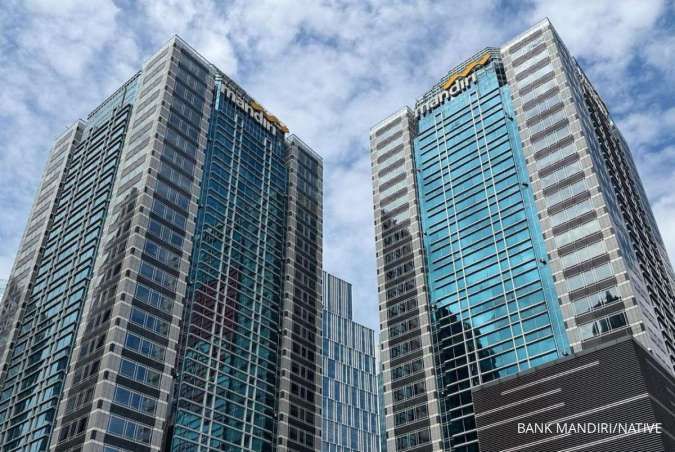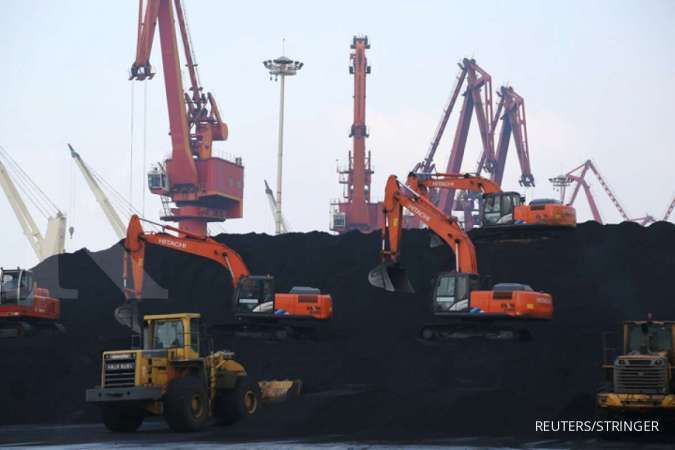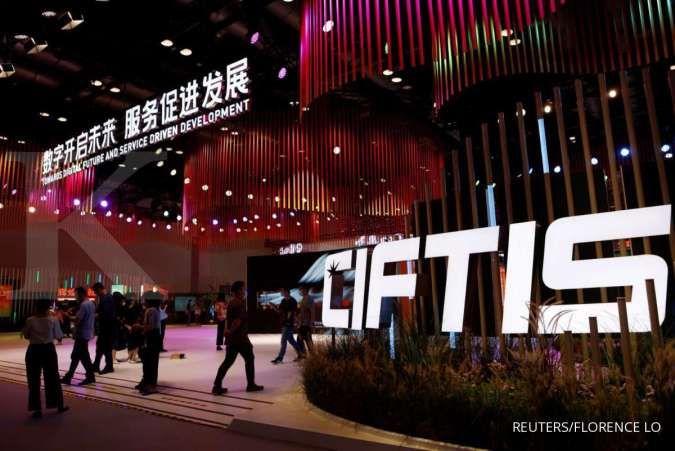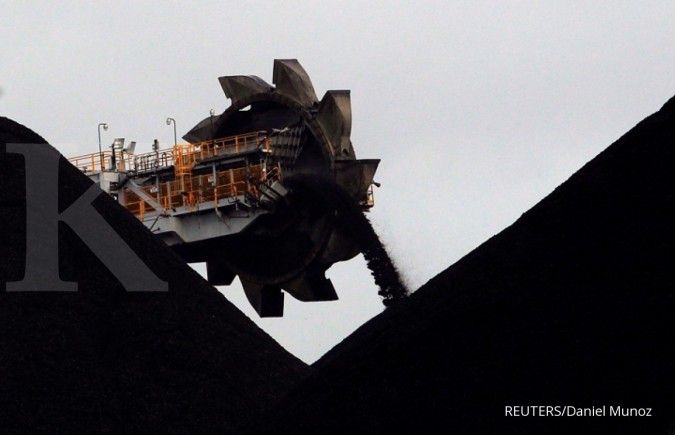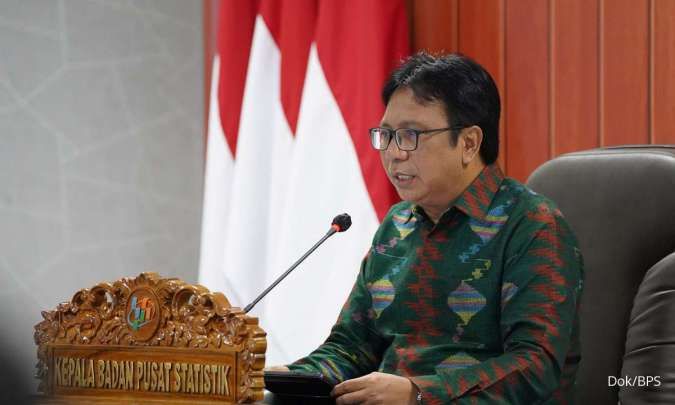KONTAN.CO.ID - BEIJING. China's consumer prices rose at the slowest pace in more than two years in April, while factory gate deflation deepened, data showed on Thursday, suggesting more stimulus may be needed to boost a patchy post-COVID economic recovery. The weak consumer price rise reinforces the signals from this week's trade data suggesting domestic demand remains lacklustre, while the deflationary impulse in producer prices underlines the strains on factories - a double-whammy for the world's second-biggest economy as it tries to shake off the COVID-induced damage. The consumer price index (CPI) in April rose 0.1% year-on-year, the lowest rate since February 2021, and cooling from the 0.7% annual gain seen in March, the National Bureau of Statistics (NBS) said. The result missed the median estimate of a 0.4% rise in a Reuters poll.
China's Slow Consumer Inflation, Deepening Factory Gate Deflation to Test Policy
KONTAN.CO.ID - BEIJING. China's consumer prices rose at the slowest pace in more than two years in April, while factory gate deflation deepened, data showed on Thursday, suggesting more stimulus may be needed to boost a patchy post-COVID economic recovery. The weak consumer price rise reinforces the signals from this week's trade data suggesting domestic demand remains lacklustre, while the deflationary impulse in producer prices underlines the strains on factories - a double-whammy for the world's second-biggest economy as it tries to shake off the COVID-induced damage. The consumer price index (CPI) in April rose 0.1% year-on-year, the lowest rate since February 2021, and cooling from the 0.7% annual gain seen in March, the National Bureau of Statistics (NBS) said. The result missed the median estimate of a 0.4% rise in a Reuters poll.
